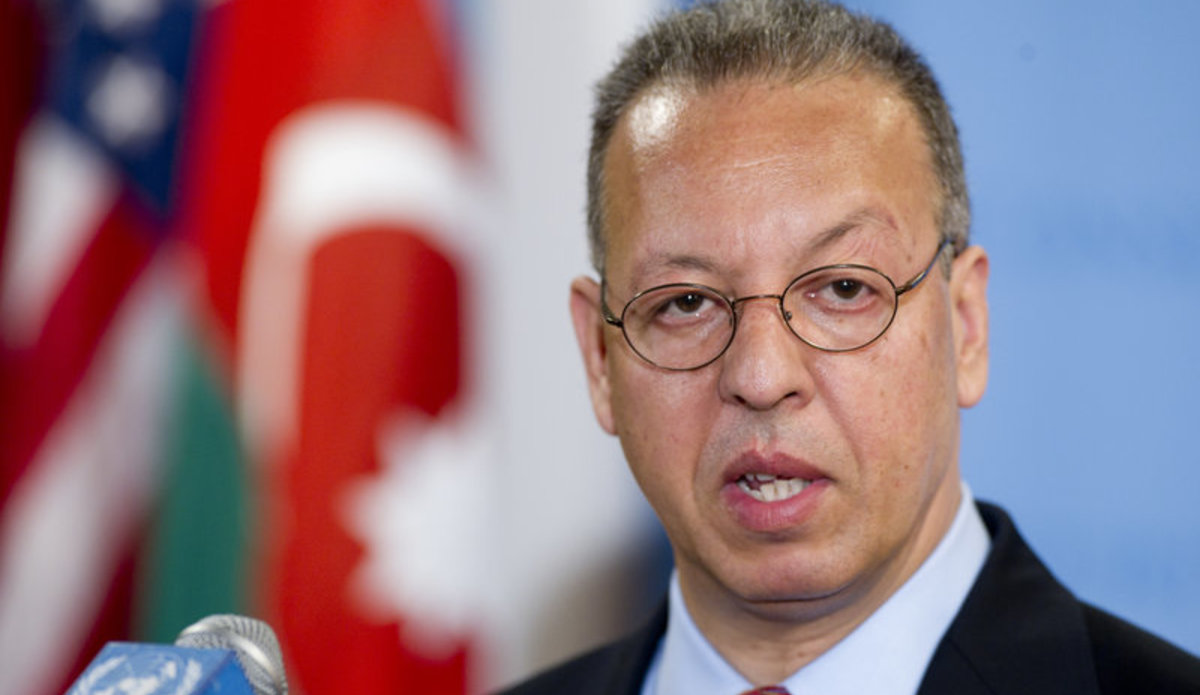I just briefed the Security Council on the latest developments in Yemen. This was my last briefing in my capacity of the Special Adviser to the Secretary- General on Yemen.
I told the Security Council that the demands it made of Houthis and other parties in resolution 2216 (2015) remain unmet. I further told the Council that the month-long conflict is expanding and becoming a confrontation with competing local and regional agendas. I warned that Al-Qaeda in the Arabian Peninsula is benefiting from current chaos and that it would continue to thrive unless a solution to the current crisis is found.
I reported to the Security Council on the deteriorating humanitarian situation, with thousands of people killed, many of whom are civilians; more than 150,000 people internally displaced; and critical public infrastructure and civilian facilities seriously damaged. I also warned that the spectre of food insecurity has widened to threaten more than 12 million Yemenis.
I further stressed to the Security Council the necessity for all parties to the conflict to allow and facilitate rapid and unimpeded access to all people in need. In this connection, I warned that implementation of the new targeted arms embargo contained in resolution 2216 (2015) could inadvertently restrict the flow of much needed commercial goods and humanitarian assistance to Yemen, including food, fuel and medical supplies amongst others. Reports had been received of such incidents recently.
I brought to the attention of the Security Council the dangerous situation in the South, especially in Aden, and warned that the ongoing war should not overshadow the just cause of Southerners.
I reminded the Security Council of my numerous reports on the systematic acts of obstruction over the last three years. I expressed my regret that the Council did not act on my warnings more swiftly and strongly. I told the Security Council that the collapse of the transition was not the fault of one side, but rather the result of accumulated mistakes and miscalculations made to varying degrees by all sides.
I told Security Council that the United Nations spared no efforts to convene talks to help solve the crisis. During the two months that preceded the launch of "Operation Decisive Storm," we had facilitated around 65 plenary and working groups meetings, and more than 150 bilateral meetings with all sides. The Yemeni parties continued to negotiate under UN auspices and substantial agreement had been reached on the core elements of a power-sharing agreement. The main sticking point was the issue of the presidency.
I explained to the Council that the Yemenis were very close to an agreement and that they could have concluded, just like they did time and time again, when they signed GCC Initiative and Implementation Mechanism in November 2011; successfully concluded the National Dialogue Conference in January 2014; and adopted the Peace and National Partnership Agreement in September 2014. These achievements seem far away now, but form a solid basis for reactivating the political transition so long as all parties are involved.
Finally, I stressed that getting the political process back on track and achieving lasting peace and stability in Yemen could only be reached through Yemeni-led peaceful negotiations where Yemenis could determine their future free from interference and coercion from outside forces.

